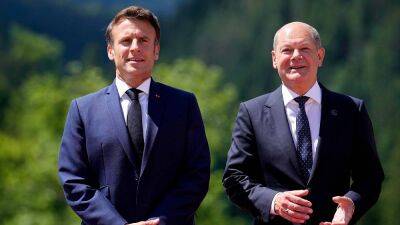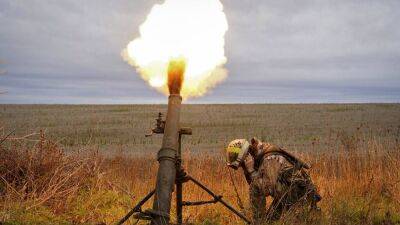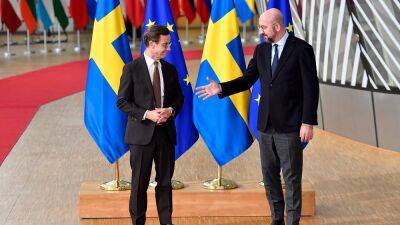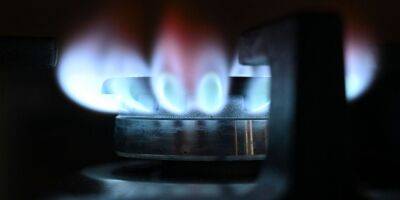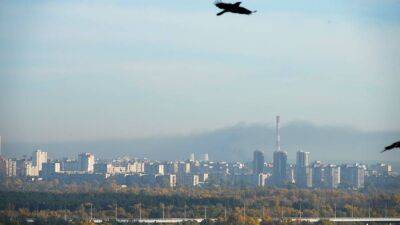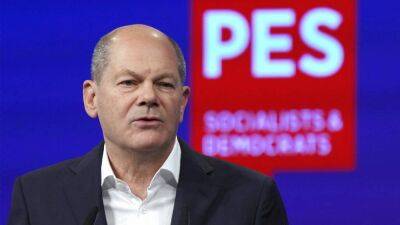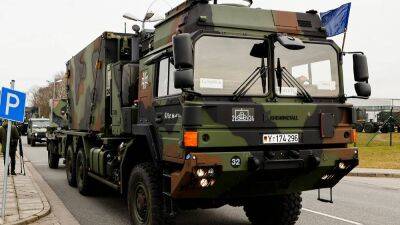Energy crisis: Germany's Scholz extends nuclear power plants' lifespan in 'snub' to Greens
German Chancellor Olaf Scholz has said he will extend the operation of Germany's last three nuclear power plants, in what's been described as a snub to the Greens in his coalition government.
Against the backdrop of an unprecedented energy crisis, the government had so far only agreed to keep two of the three power stations beyond the end of 2022, the date initially planned for a nuclear phase-out.
A letter from Scholz to the government asks the economy, environment and finance ministries to lay the legal framework to keep the country's three nuclear power plants — Isar 2, Neckarwestheim 2 and Emsland — operational until as late as 15 April 2023.
The Emsland plant, in the north of the country, was at the heart of a tug of war within the ruling coalition of Social Democrats, Greens and Liberals, which was torn over the solutions to be found to the energy crisis caused by the war in Ukraine.
The chancellor finally moved on Monday as Europe's largest economy urgently tries to reduce its dependence on Russian energy imports, especially gas. Nuclear power currently produces 6% of Germany's net electricity.
Justice Minister Marco Buschmann and Finance Minister Christian Lindner of the centrist Free Democratic Party (FDP) welcomed Scholz's decision on Twitter as "common sense" and in the country's "vital interest".
But the decision is a further blow to Germany's economy minister, the Green Robert Habeck, whose friction with Lindner is becoming increasingly apparent.
The Bild tabloid said Scholz's decision was a "slap in the face" for Habeck, though Environment Minister Steffi Lemke — also from the Greens — said it was a mere setback to the nuclear phase-out. She tweeted to say there would be no "life extension" of the plants beyond
Read more on euronews.com







